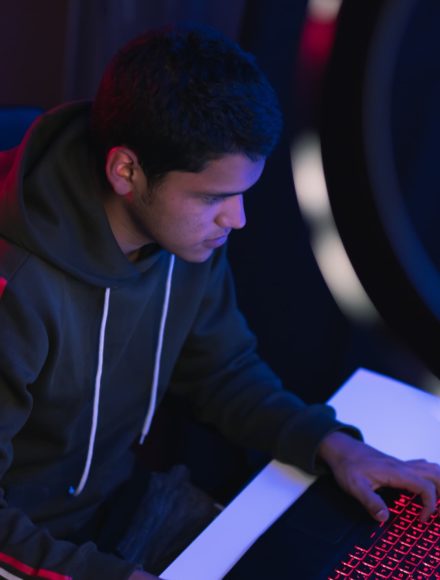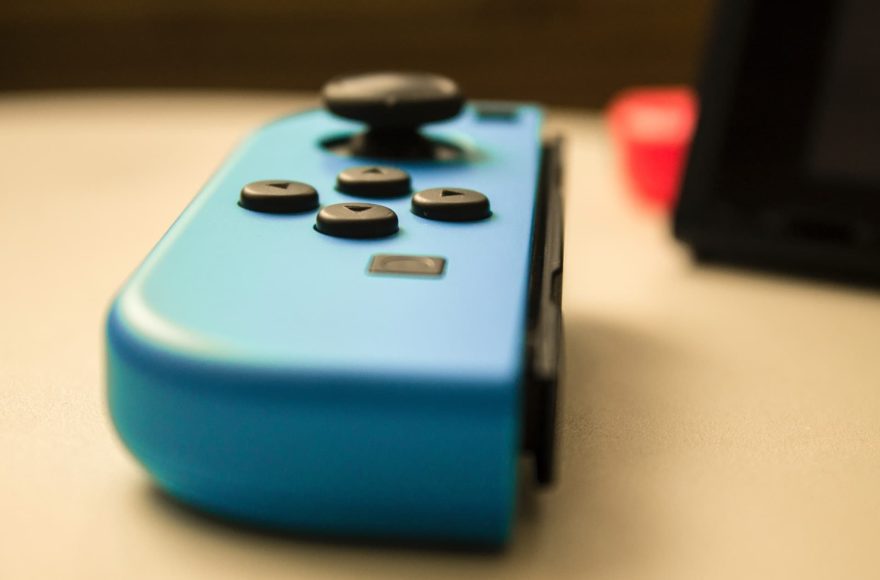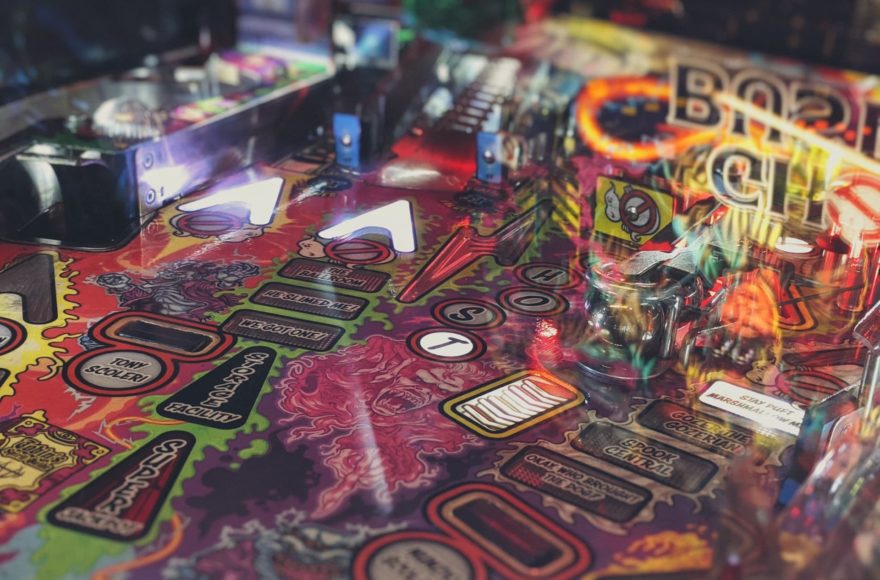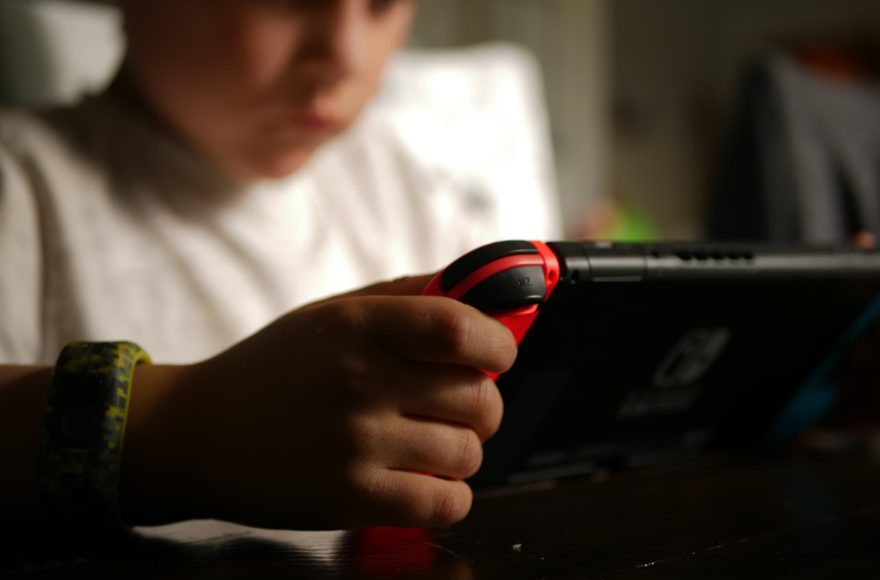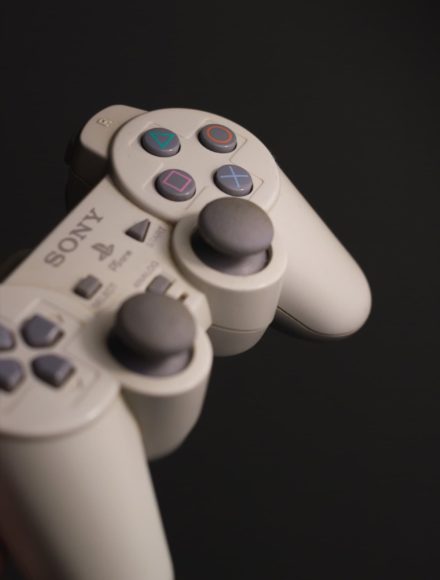Comic book creators speak out on the industry shutdown — and what’s next
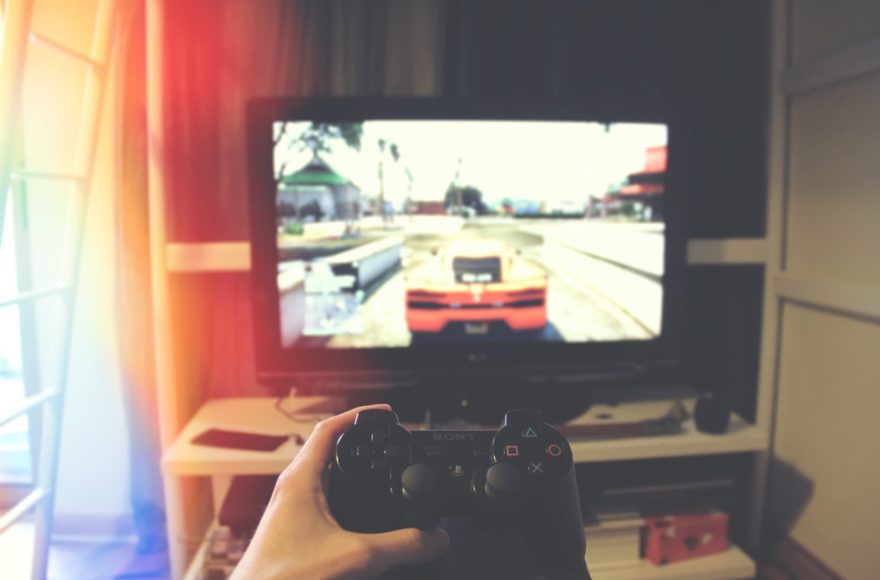
The US comics industry came to a screeching halt in recent weeks, with the loss of its distribution network to the COVID-19 pandemic. As publishers put books on pause and conventions continue to be postponed or canceled, comic book creators are beginning to feel the strain both creatively and financially.
Polygon reached out to various creators who’ve worked for DC Comics, Dark Horse Comics, and made it big in the indie scene, to see how the comic industry shutdown is affecting their work both financially and creatively, how publishers are helping to support them, and how fans can make a difference in the new version of normal.
Publisher decisions to put new comic book releases on hold after Diamond Comic Distributors, halted all orders until further notice has been the biggest hit to creators. While writers and artists continue to sell their wares and promote future releases on social media, a tangible uncertainty is palpable, as creators to reevaluate their budgets, creatively and financially.
“It’s clearly hitting a lot of creators in the pocket,” said Suicide Squad and Judge Dredd writer Rob Williams. “Right now, personally, I’ve had one job pushed back to possibly midway through this year, and there’s a question mark over it, certainly. I think it’s affecting everyone. If the industry contracts that means less gigs and more freelancers out of work.”
Many artists and writers are already facing that reality, after mid-sized publishers like Dark Horse and IDW Publishing unofficially ceased production, telling creators to stop work on series that were upcoming or in progress. A bigger shock for many, however, was Marvel Comics’ announcement that it would be hitting pause on nearly one third of issues planned for release in May and June. Though Marvel has not announced which books will be paused, there’s no doubt that many creators will be taking a hit. Sources say that the US’ second largest comics publisher, DC Comics, which continued its publishing line through catastrophes like World War II and 9/11, shows no signs of pausing currently-in-production books due to the pandemic, despite rumors to the contrary.
According to the creators who spoke to Polygon, Dark Horse was the first publisher to unofficially institute a “pencils down” order. The company declined to answer creator questions about the pause, and publicly assured fans that there are plenty of ways that Dark Horse material could be enjoyed digitally. One creator on a paused Dark Horse project who wished to remain anonymous, however, offered an alternate perspective on the publisher’s decision to put pencils down on select projects.
“On the one hand, working gives something to focus on, outside of the news,” they told Polygon via email.“On the other hand focus is hard to come by, so less work is getting done regardless. It’s scary, feeling jobs and money moved away from you. This will lead to people needing to find other gigs, and quick, and those may interfere with these existing jobs that are now moved into the ‘who knows when’ future and there’s exactly zero ways to plan for that, or anything else. But all the internal staff that we directly work with, and even the ones we don’t, are completely supportive and helpful during this. The business end people are the worrying ones. They can’t seem to say anything publicly just in case they need to toss you out next week”.
The idea of the supportive publishing team is something that repeatedly came up in conversation, with many creators eager to speak highly about how supported and encouraged they felt about the team — creative or editorial — assigned to their books. But everyone involved seemed concerned about speaking out about the unknown, in case the business-end of the industry would be less forgiving to those who didn’t toe the company line of positivity.
The anonymous Dark Horse Comics creator suggested that, for many in comic books, sticking their hand up to complain could easily lead to backlash, or simply being “forgotten” when it comes time to rebuild schedules after printers start firing up again — especially for creators whose names aren’t yet synonymous with “comic book fame.”
“With schedules being pushed, I think everyone is concerned that when the new schedules are drawn up some projects will be dropped. There will be too much to fit in a new reality of who knows how many shops and consumers and everything else,” said the creator. “If your name alone isn’t big enough to offset any problems you might cause by saying things loudly you get to hunker down and hope no one notices you as a problem. It feels terrible.”
But publishing holds are only one facet of the challenges comic creators are facing in the wake of the pandemic: There’s also the demise of the 2020 convention season. It began when Emerald City Comic Con announced just one week before it was due to open its doors that the show would be postponed to August.
After many hours of conversation internally & consultation with local government officials and the tourism bureau, we have decided to move next week’s Emerald City Comic Con to Summer 2020 with date & detail announcement forthcoming. Read more at https://t.co/ahL1TOmHLF #ECCC2020 pic.twitter.com/qq3ZnDPXWb
— Emerald City Comic Con (@emeraldcitycon) March 6, 2020
The decision came after many comic publishers, including Dark Horse, DC, Vault, Oni Press, and Penguin Random House, had pulled out of attending the Seattle-based convention over health and safety concerns for fans, staff, and creators. Other conventions, like WonderCon, Denver Pop Culture Con, and Florida SuperCon have followed suit, either canceling or rescheduling their respective events, and creators were left to deal with the possible domino effect of what convention cancellations could mean for their careers.
Comic creators table at conventions to promote directly to fans and supplement their incomes with merchandise sales — but in a small, geographically spread community, conventions are also where creators network with publishers and executives. One-on-one time with fans is invaluable on a social spectrum, and tabling will bring in short-term profits, but its the loss of networking opportunities that create long-term job opportunities that’s worrying creators.
“I don’t make my money by tabling, but it certainly helps to be tabling and to be on panels at conventions in order to get the word out and win new fans who might not be aware of your works and who might buy something down the line,” said Cecil Castellucci, current writer of Batgirl for DC Comics. “I feel like for me, conventions and book festivals are like sowing seeds for stuff down the line. I usually meet editors, publishers and get opportunities and possible jobs or leads by having meetings both set and accidental at cons. That definitely affects whether or not I might have work. All of it is symbiotic.”
That sentiment was echoed by Eisner-winning cartoonist Christina “Steenz” Stewart, who was one of the more vocal voices when it came to Reedpop’s last minute cancelation decisions.
“I like to think that every convention I do benefits me in some way or another, but it may not always be financially,” she explained. “I need folks to see what I’ve been creating so that editors and publishers can see me and my work up close. I’m in a different situation where conventions are not my main source of income anymore, but I feel like the majority of artists going to cons need it as their primary source of income.”
There’s also the hidden cost of last-minute cancellations to consider, Stewart added. “[San Diego Comic-Con] and [Emerald City Comic Con] are expensive shows. They’re long, it costs a bunch to fly there, and hotels are always super expensive,” she said. “So waiting until the last minute to cancel is stressful because you’d like to be able to be flexible and figure out alternative income in the event that you can’t get a refund. And you can’t really do that if you only have a few days notice before your flight.”
The truth of the matter is, while fans would like to believe that buying comics during this time is the sure-fire way to support their favorite creators directly, due to the arcane structure of the comic book direct market there is no guarantee that a customer buying a comic from their local shop will provide any direct financial benefit to a creator. For physical sales numbers, retailers are the end of the line in the creator/publisher food chain, and though any fan purchase can directly benefit the retailer, most creators don’t see financial benefits unless a retailer sells out of their comic and has to buy more copies from the publisher. And with Diamond declining to ship books until further notice, there’s no way of knowing when shops will even be able to order more of a title.
Ultimately, the life of creating comics is ultimately similar to that of many talented musicians: while a few will make some incredible big-time hits and make it big, most are occasionally playing at dive bars or just jamming in their garage, and the royalties, if any, will rarely be enough to keep the lights on. But much like the novel publishing industry, publishers more often than not pay creators up front for the work they present, and hope for the best.
So how can fans really help to keep their faves afloat during this period of turmoil? If you have a rainy day fund for these trying times and want to take a more hands-on approach, Stewart recommends being more forward, finding out what creators need directly, and donating through crowdfunding campaigns.
“A lot of people immediately think ‘Oh well, I’ll just buy something from them online.’ But not all creators have the infrastructure to have an online store,” said Stewart. “So go to their pinned tweets and find out what are actionable ways you can help a creator; whether that’s passing along their information so they can do paid online workshops or giving them a tip in their Ko-Fi or Patreon.”
Readers could also donate to organizations like the Hero Initiative, which has been providing creators access to financial support since its start in 2000, as well as the Comic Book Legal Defense Fund, who can help creators find resources to receive support through federal funding.
And even if you don’t have a buck to spare at the moment, there’s still good news. When Polygon asked creators how best to support them in lean times, the number one answer was one any fan can do from home: talk about your favorite comics as much as possible. While it might not seem like much, reviews on websites like Goodreads or Amazon boost algorithms and act as unofficial promotion that help boost sales and subsequently possible royalties that can benefit creators.
So whether you can afford to buy out an entire catalog of merchandise and back issues, or you can sit from the comfort of your couch and tell your friends how much you loved a certain series, rest assured that with your support and enthusiasm, you can still make a difference to your favorite creators even in these most trying times.
Chloe Maveal is a freelance pop culture journalist who specializes in comics history, British comics, superheroes, and fandom culture. You can find her on twitter @PunkRokMomJeans where she is probably talking about the historical significance of Judge Dredd’s butt.
